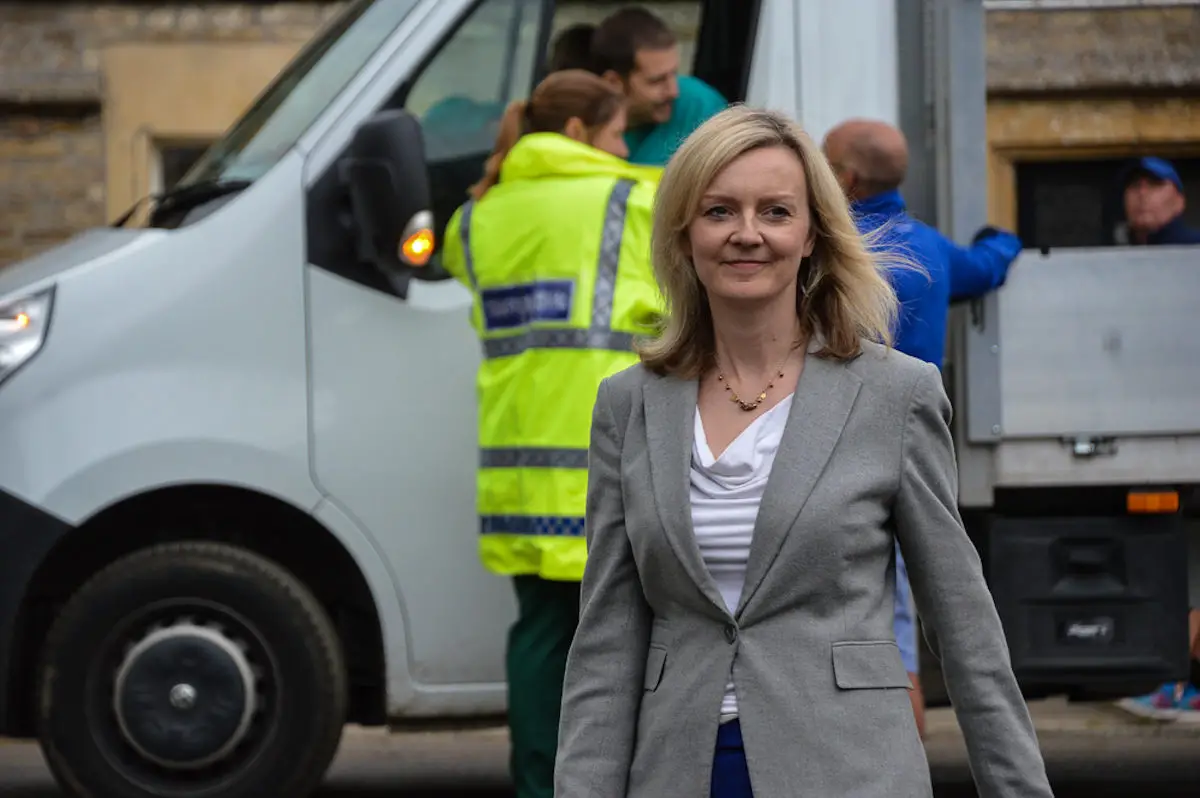News OnTheWight always welcomes a Letter to the Editor to share with our readers – unsurprisingly they don’t always reflect the views of this publication. If you have something you’d like to share, get in touch and of course, your considered comments are welcome below.
This from Maggie Nelmes, Ventnor. Ed
Prime Minister Liz Truss has repeatedly misled the public about the energy price cap in media interviews, Will Moy, Chief Executive of Full Fact, a fact-checking online organisation, reveals.
She stated on CNN that “no household is having to pay more than £2,500 on those energy bills”.
£2,500 refers only to “typical” households
Full Fact has written to tell her that the information she gave was incorrect.
“£2,500 is the average a typical household will pay, not the maximum amount any household will pay. Depending on property type and energy usage, some households will pay more than this and some will pay less.”
£3,300 for average use in a detached house
The Government calculates that the typical bill for a detached house with average use will be £3,300, for a semi-detached house, £2,650, and for a purpose-built flat, £1,750.
Journalists have asked Downing Street to correct Liz Truss’s mistakes, but instead they refer to interviews where she has got her facts right.
Who are we to believe?
Full Fact says the public shouldn’t have to trawl through the channels to find the correct version. And how can we be expected to recognise which of the many versions is correct?
Liz Truss is in a position of responsibility. She should do her homework and only speak when she is sure of her facts, especially on such an important issue as this, which will have a huge impact on every household budget.
38 per cent believe bills won’t rise above £2,500
Will Moy writes:
“We’ve written again to the Prime Minister about her false claims on local BBC radio, pointing out that almost two in five households (38 per cent) wrongly believe that the Government’s energy price guarantee means their bills cannot go above £2,500, according to research by Opinium.”
Misleading the public in this way could have dire consequences. One householder, questioned on radio news, said they’d turned up the heating because they don’t have to worry any more about how much energy they use. Their bill won’t be more than £2,500.
Moy: There’s nothing more expensive than a dishonest politician
As Will Moy says,
“Honesty in politics means correcting your mistakes, and there’s nothing more expensive than a dishonest politician. Ms Truss talked about the need for honesty during her campaign. It’s up to her to decide whether or not she will lead by example now she’s Prime Minister.”
By no means a rare occurrence
I find it shocking that Government Ministers and Members of Parliament do not have to correct false and misleading statements they make in parliament or in the media. Liz Truss’s case is by no means a rare occurrence.
Should be a legal obligation to correct
Sometimes false information is given mistakenly, sometimes deliberately. Unless there is a legal obligation to correct it, some politicians will take advantage of this loophole to deliberately mislead the public.
This allegedly happened in the Brexit debate in the run-up to the Referendum, both sides being accused of giving false information to try to justify false or grossly exaggerated claims.





